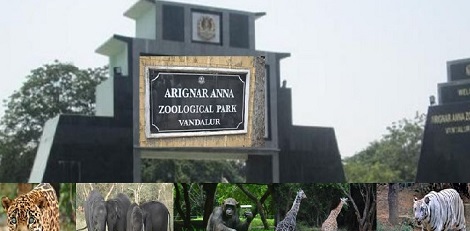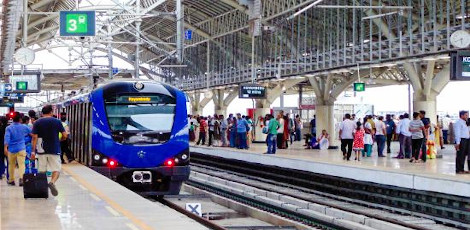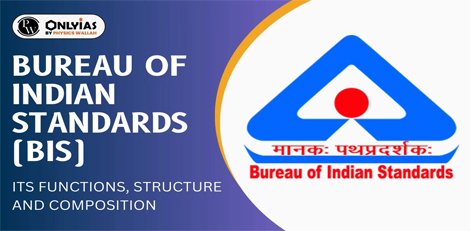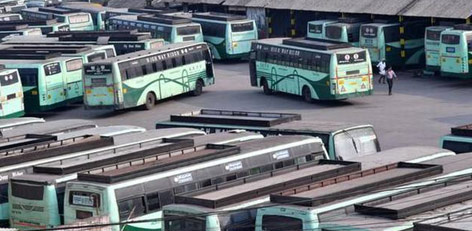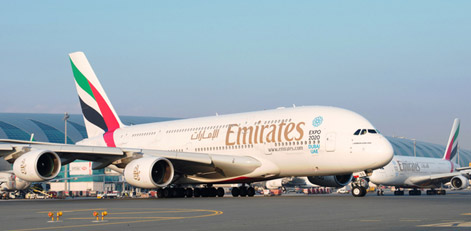No. of views : (5544)
All about FSSAI Licence
Posted on: 24/Jul/2019 2:31:19 PM
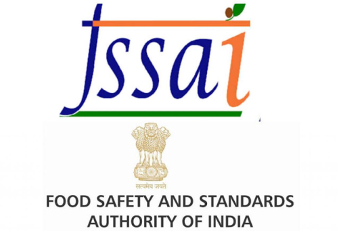
The basic needs of humankind have been enumerated as 3! In the order, Food, Shelter, and Clothing! Naturally, food comes 1st! So, any country must ensure that the various actions and procedures in the preparation of food items must be regulated by certain well-defined standards and rules and regulations.
In India, the above required standards have been passed in the parliament as a special Act in the constitution - the Food Safety and Standards Authority Act (FSSAI).
FSSAI is used to secure the laws relating to food and to establish science-based standards for food to control their manufacture, storage, distribution, sale, and import, to make sure the availability of food for human consumption and for other food-related issues.
Food Safety and Standards Authority of India and State Food Authorities are jointly responsible for implementation and enforcement of FSSAI.
Under FSSAI, there are two kinds of FSSAI licenses - Namely, the Central FSSAI license and State FSSAI license.
In addition to FSSAI License, there is also an FSSAI registration which is applicable for petty food retailers. Know more about the difference between FSSAI registration and FSSAI license. In this article, we look at the procedure for obtaining an FSSAI license in India.
Central FSSAI License
Central FSSAI license is issued by the FSSAI Regional Offices which are functioning across the nation. This FSSAI license can be issued and renewed for a period of 1 to 5 years.
FSSAI Central License Eligibility
Central FSSA license can be obtained by the following units:
- Dairy units which include milk chilling units equipped to handle and process.
- Vegetable oil processing units and units that produce vegetable oil by the process of solvent extraction and refineries that includes oil expeller unit.
- Slaughtering units.
- Meat processing units.
- Food processing units that include relabelers and repackers.
- Proprietary foods.
- 100% export oriented units.
Documents Required for FSSAI Central License
The required documents for obtaining Central FSSAI license are as follows:
- Form-B duly completed and signed by the proprietor or owner.
- Blueprint or layout of the area location.
- Contact details of the Directors.
- List and details of the types of equipment and machinery.
- Proprietor�s photo ID and address proof issued by the Government of India. In case of company, the Directors photo ID and address proof.
- Analysis of water report from a recognized/public health laboratory.
- Proof of possession of premises.s.
- Pesticide residues report of water in case of units manufacturing mineral or carbonated water from recognized/public health.
- NOC and copy of the license from the manufacturer.
- Food Safety Management System plan or certificate.
- Source of milk, if applicable.
- Source of meat and meat processing units, if applicable.
- NOC from the municipality and local body, if applicable.
- MCA Incorporation Certificate, if applicable.
- Supporting proof of turnover, if applicable.
- NOC/PA issued by FSSAI
- IE Code issued by DGFT for importers.
- Certificate provided by Ministry of Tourism, if applicable.
- Supporting proof of turnover for vehicles, if applicable.
- FSSAI Declaration Form.
Fee Structure
- The fee for a new license is Rs.7500
- The fee for renewal of a license is Rs. 7500
- The fee for modification of license is Rs. 7500
- The fee for a duplicate license is Rs.10
State FSSAI License
The State FSSAI licenses is required for the manufacturers, storage, transporters, retailers, marketers, distributors, etc. This license is issued by the concerned State Authorities in each state.
Eligibility for FSSAI State License
- Dairy units which include milk chilling units equipped to handle and process.
- Vegetable oil processing units and units that produce vegetable oil by the process of solvent extraction and refineries that includes oil expeller unit.
- Slaughtering units.
- Meat processing units.
- Food processing units that include relabellers and repackers.
- Proprietary foods.
- Restaurants.
- Hotels.
Documents for FSSAI State License
- Form-B duly completed and signed by the proprietor.
- Blueprint or layout of the area location.
- Contact details of the directors.
- List and details of the types of equipment and Machinery.
- Proprietor�s photo ID and address proof issued by the Government of India.
- List of food category that has to be manufactured.
- Authority letter with name and address of the responsible person.
- Proof of possession of premises.
- Partnership affidavit of proprietorship.
- NOC and Copy of License from the manufacturer.
- Food Safety Management System Plan or certificate.
Government Fee for FSSAI State License
- A fee of RS. 5,000 is applicable for productions that exceed 1MT and for milk units ranging between 10,001 to 50,000 LPD or 501 to 2500 MT per annum.
- A fee of Rs. 3,000 is applicable for productions that are below 1MT and for milk units ranging between 501 to 10, 000 LPD or 2.5 MT to 500MT per annum.
- A fee of Rs.5,000 is applicable for hotels ranging up to 4 Star
- A fee of Rs. 2,000 is a applicable for All Food Service providers (restaurants, clubs, canteens, etc.) and other Food Business Operators.



